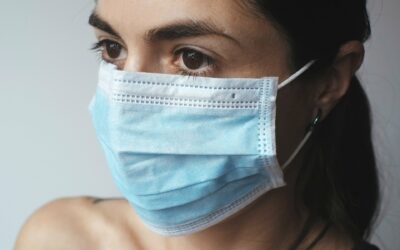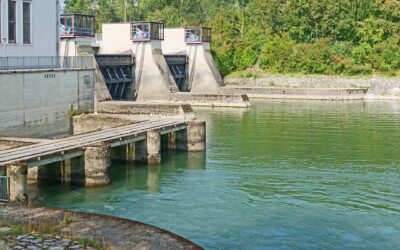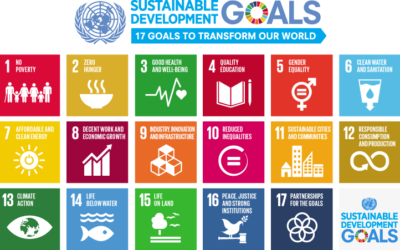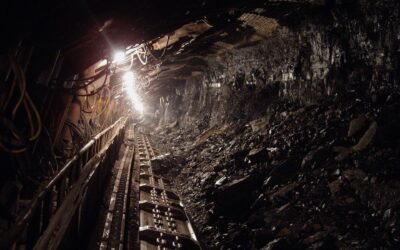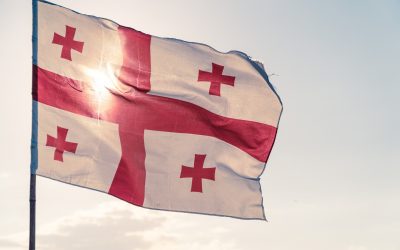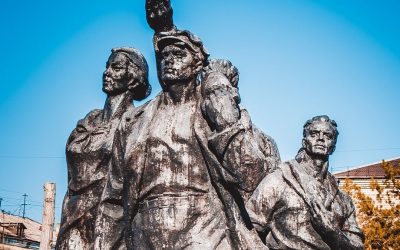Zanieczyszone środowisko może mieć ogromny wpływ na realizację praw człowieka. Według ONZ zanieczyszczenia przyczyniają się do ponad 2 mln zgonów i miliardów przypadków chorób rocznie. Zanieczyszczenie środowiska naturalnego, w tym wody, poważnie odbija się na wielu prawach człowieka, w tym na prawie do życia, zdrowia, środków do życia, własności, pożywienia czy wody.
W 2018 roku Specjalny Sprawozdawca ONZ ds. praw człowieka i środowiska pomógł w opracowaniu Ramowych zasad dotyczących praw człowieka i środowiska (Framework Principles on Human Rights and the Environment), według których “nasze prawa jako ludzi są nierozerwalnie związanie ze środowiskiem, w jakim żyjemy. Szkody wyrządzane środowisku naturalnemu uniemożliwiają realizację praw człowieka, a jednocześnie korzystanie z praw człowieka pomaga chronić środowisko i wspierać zrównoważony rozwój.”
W Ramowych zasadach przewidziana jest rola, jaką przedsiębiorstwa mogą odgrywać w zapobieganiu niszczenia środowiska. Jak podaje Specjalny Sprawozdawca ONZ, “przedsiębiorstwa powinny działać zgodnie ze wszystkimi obowiązującymi przepisami środowiskowymi, przyjmować konkretne zobowiązania w celu spełnienia spoczywającego na nich obowiązku poszanowania praw człowieka poprzez ochronę środowiska, wdrażać procesy należytej staranności w zakresie praw człowieka (w tym ocenę wpływu na te prawa), aby identyfikować, zapobiegać szkodom i łagodzić ich skutki oraz dokumentować działania związane z wpływem swojej działalności na środowisko, a także zapewniać mechanizmy zadośćuczynienia za wszelkie negatywne skutki w sferze środowiska i praw człowieka, jakie powodują lub do jakich się przyczyniają.”
Warto też przypomnieć, że po tym gdy wiosną 2022 Rada Prawa Człowieka ONZ przyjęła rezolucję nt. prawa do czystego, zdrowego i zrównoważonego środowiska, podobnie w lipcu 2022 r. także Zgromadzenie Ogólne ONZ uznało prawo takie za nowe prawo człowieka.
Powyższy tekst powstał na podstawie materiałów opracowanych przez Duński Instytut Praw Człowieka Danish Institute for Human Rights Global NAPs website.

